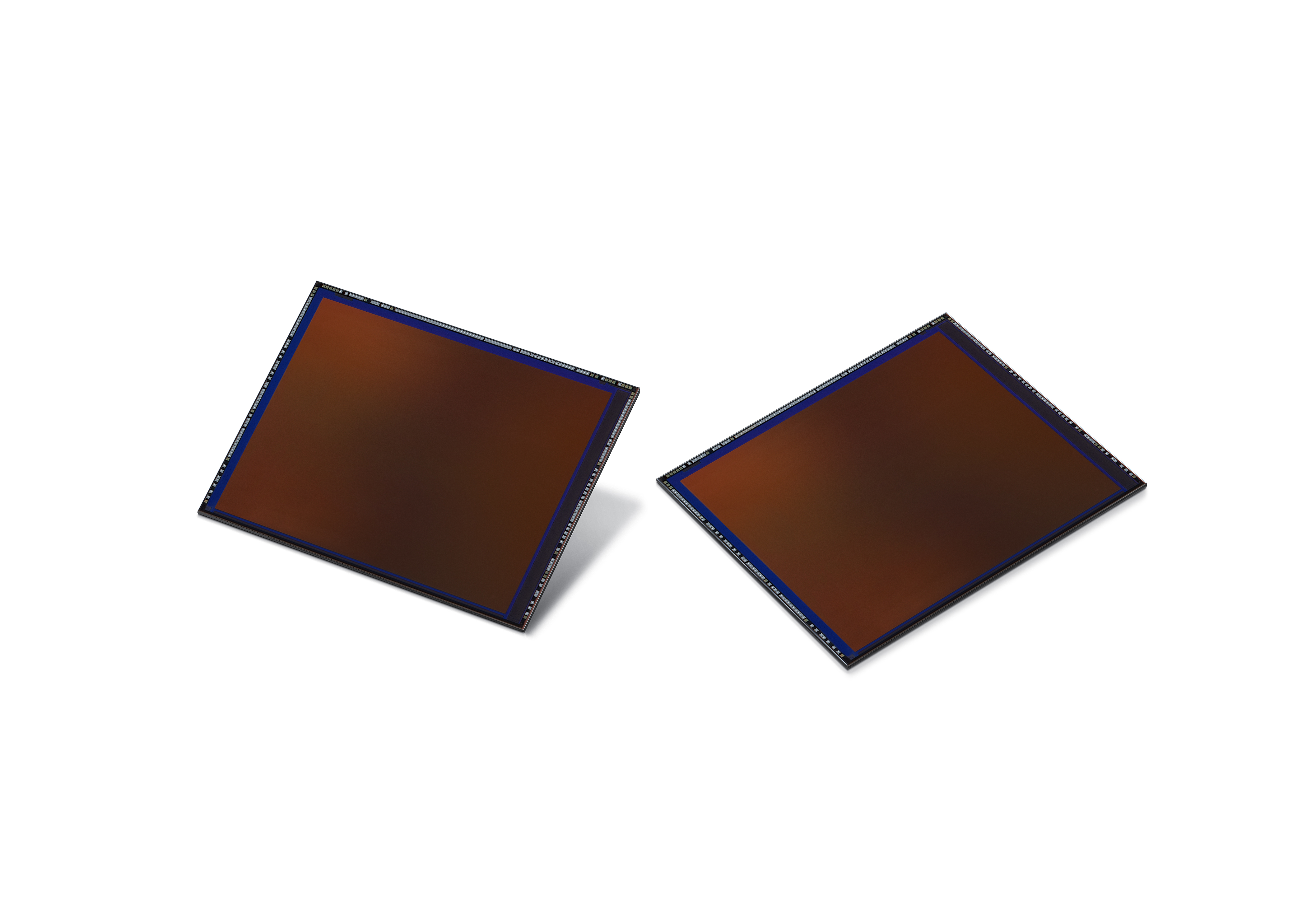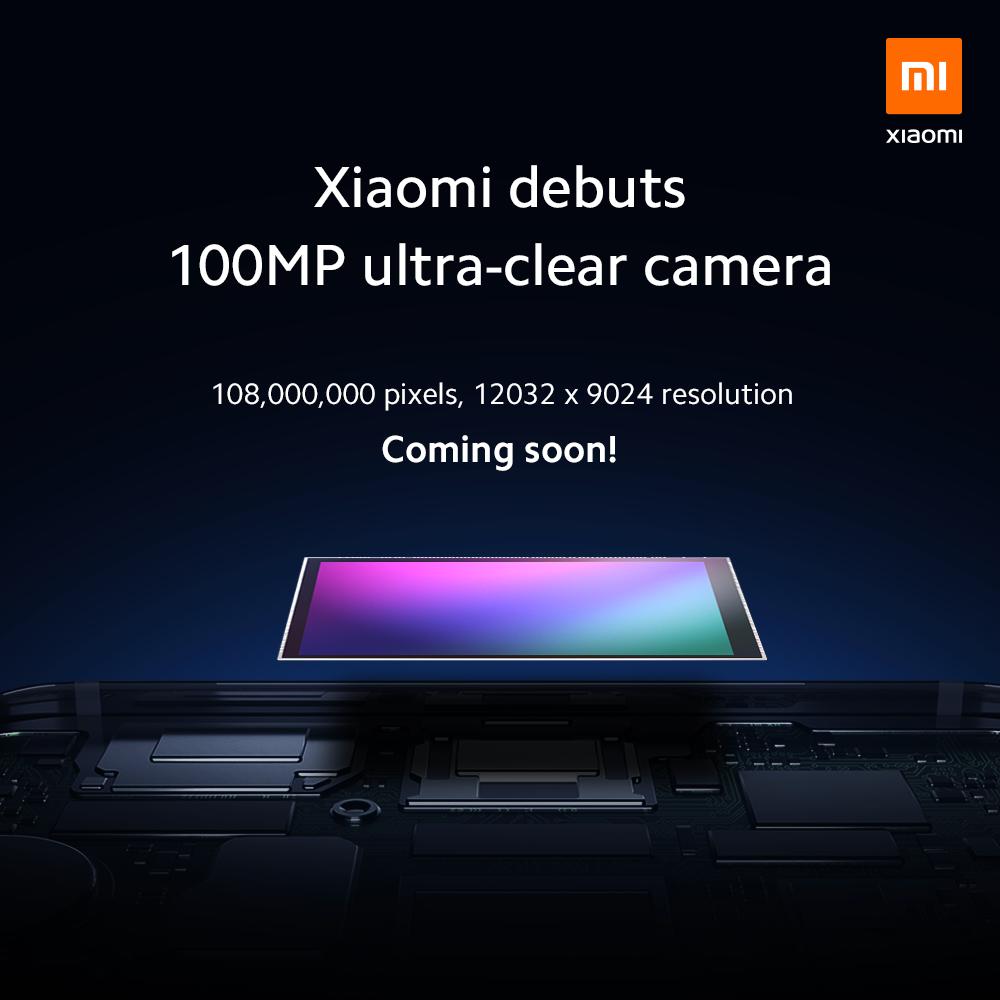Samsung’s New 108-Megapixel Camera Phone Sensor Is Coming For Your DSLR
It captures 20232 x 9024 resolution and 6K video

Although Samsung hasn’t upgraded the base sensors in its smartphones’ cameras for a few years, it’s still working on CMOS sensors for other manufacturers. Its latest innovation was previously teased recently, but now the Korean company has itself revealed the existence of the 108-MP smartphone camera sensor it’s been working on.
Samsung officially announced today the existence of its ISOCELL Bright HMX sensor, a staggeringly powerful sensor that it has made with the help of Chinese phone maker Xiaomi. The sensor was previously announced by Xiaomi, who will be the first company to use the camera in a phone for its Redmi sub-brand, although Samsung has now revealed many more details.

The sensor measures an enormous 1/1.33-inch in total area, which is pushing towards the size of sensors in dedicated SLR cameras. It’s larger than the 1/1.7-inch sensor that runs the main camera in our current favorite smartphone camera, the Huawei P30 Pro, although it’s rumored that Huawei’s next phone, the Mate 30 Pro, will use a 1/1.7 and 1/1.55-inch sensor together.
MORE: Galaxy S11 Could Be This Fast: First Snapdragon 865 Benchmarks
If you don’t need the overwhelming level of detail that 108MP provides, Samsung also mentions the presence of Tetracell pixel merging, which will allow you to take 27MP images with increased brightness. Smart-ISO serves the same purpose, changing the sensitivity depending on the environment to capture your subject in the best light. For videographers, Samsung claims the Bright HMX can record 6K video at 30 frames per second.

Samsung already unveiled a 64-MP sensor, the Bright GW-1 in June 2019, which is suggested to be appearing in the Galaxy S11, expected to be released early in 2020. It uses many of the same technologies, such as Tetracell, and is also rumored to appear on a Xiaomi family phone, this time from its Realme line.
Production of the sensor begins later this month according to Samsung, so hopefully it won’t be too long until we can try out one of the phones using the super-powered sensor for ourselves.
Sign up to get the BEST of Tom's Guide direct to your inbox.
Get instant access to breaking news, the hottest reviews, great deals and helpful tips.

Richard is based in London, covering news, reviews and how-tos for phones, tablets, gaming, and whatever else people need advice on. Following on from his MA in Magazine Journalism at the University of Sheffield, he's also written for WIRED U.K., The Register and Creative Bloq. When not at work, he's likely thinking about how to brew the perfect cup of specialty coffee.
